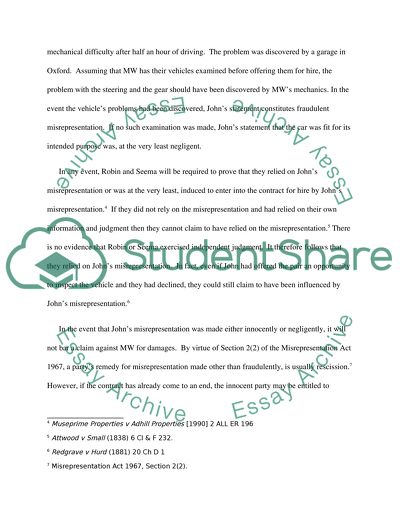Cite this document
(“Consumer and the law Essay Example | Topics and Well Written Essays - 2500 words”, n.d.)
Consumer and the law Essay Example | Topics and Well Written Essays - 2500 words. Retrieved from https://studentshare.org/miscellaneous/1556724-consumer-and-the-law
Consumer and the law Essay Example | Topics and Well Written Essays - 2500 words. Retrieved from https://studentshare.org/miscellaneous/1556724-consumer-and-the-law
(Consumer and the Law Essay Example | Topics and Well Written Essays - 2500 Words)
Consumer and the Law Essay Example | Topics and Well Written Essays - 2500 Words. https://studentshare.org/miscellaneous/1556724-consumer-and-the-law.
Consumer and the Law Essay Example | Topics and Well Written Essays - 2500 Words. https://studentshare.org/miscellaneous/1556724-consumer-and-the-law.
“Consumer and the Law Essay Example | Topics and Well Written Essays - 2500 Words”, n.d. https://studentshare.org/miscellaneous/1556724-consumer-and-the-law.


